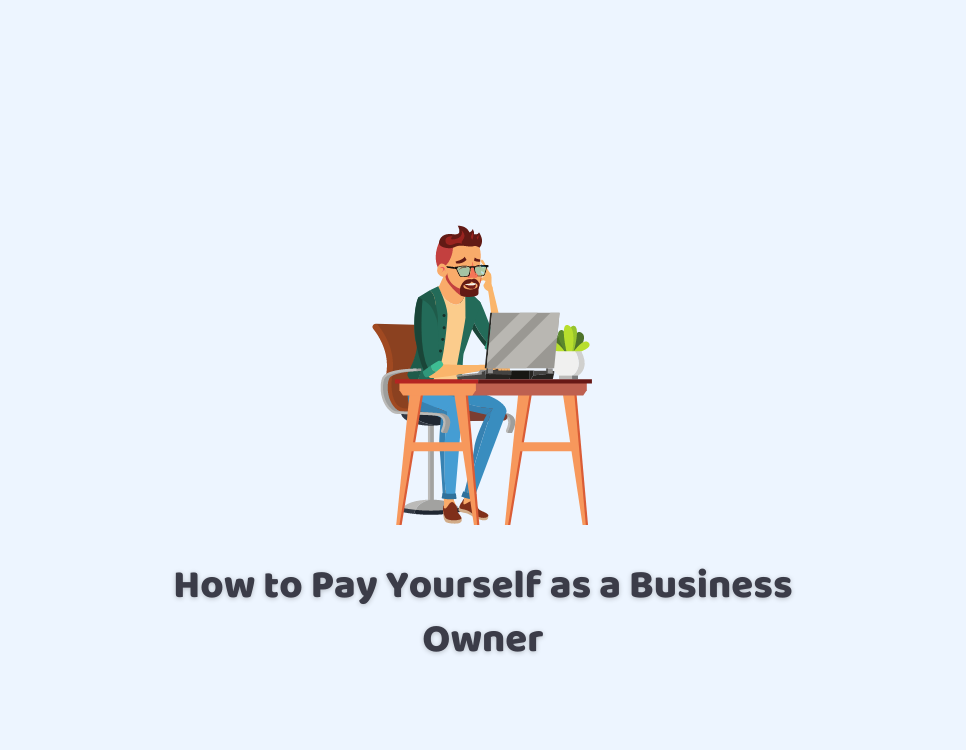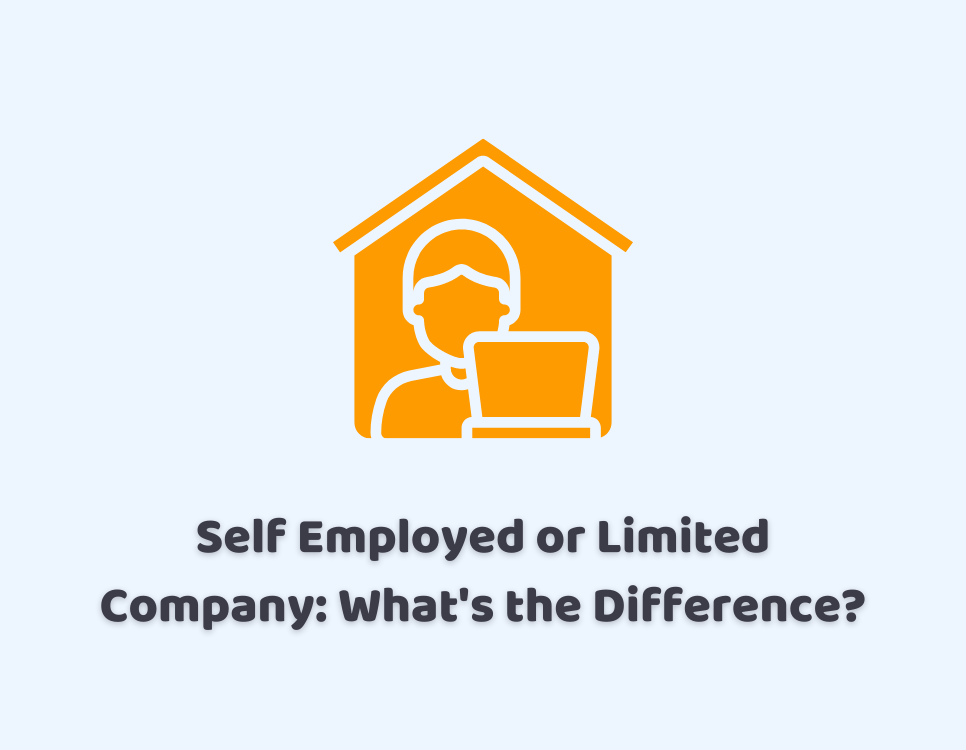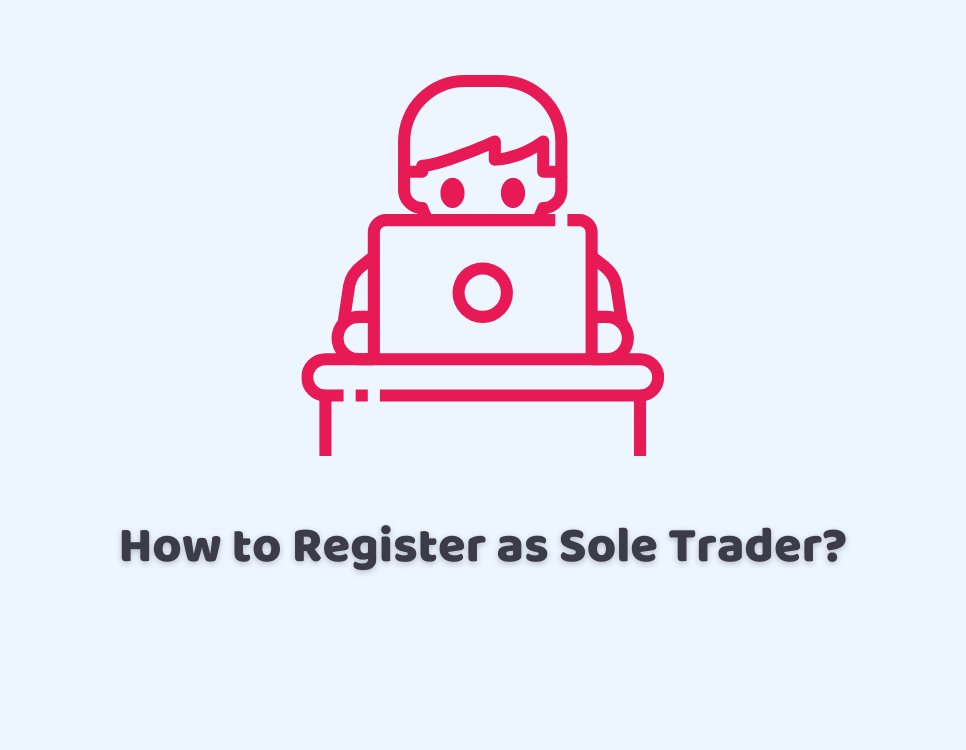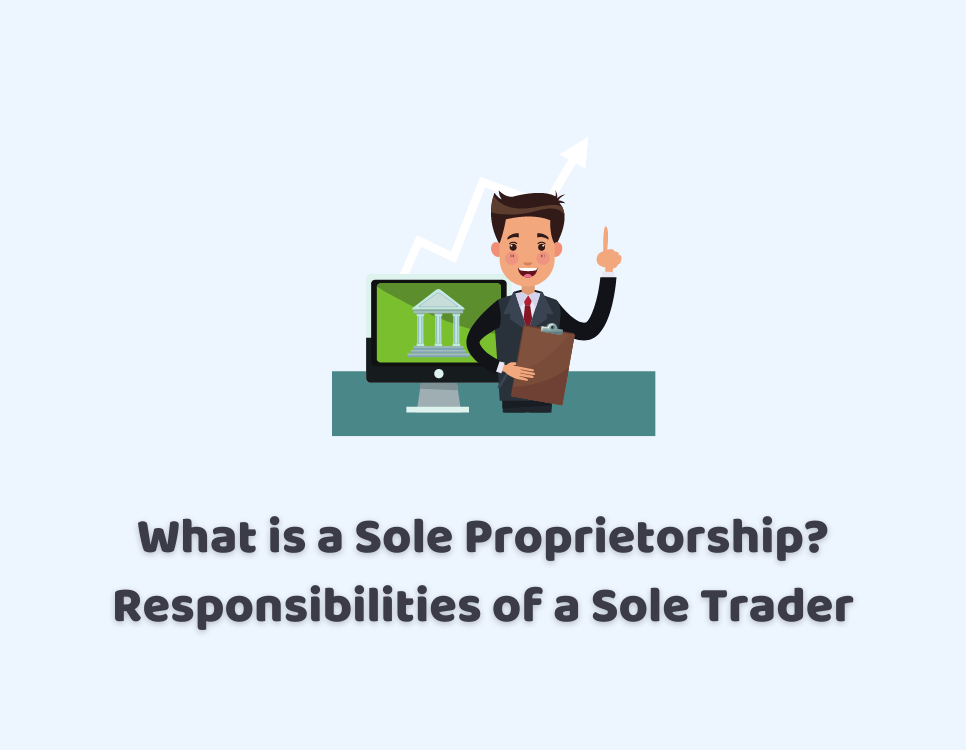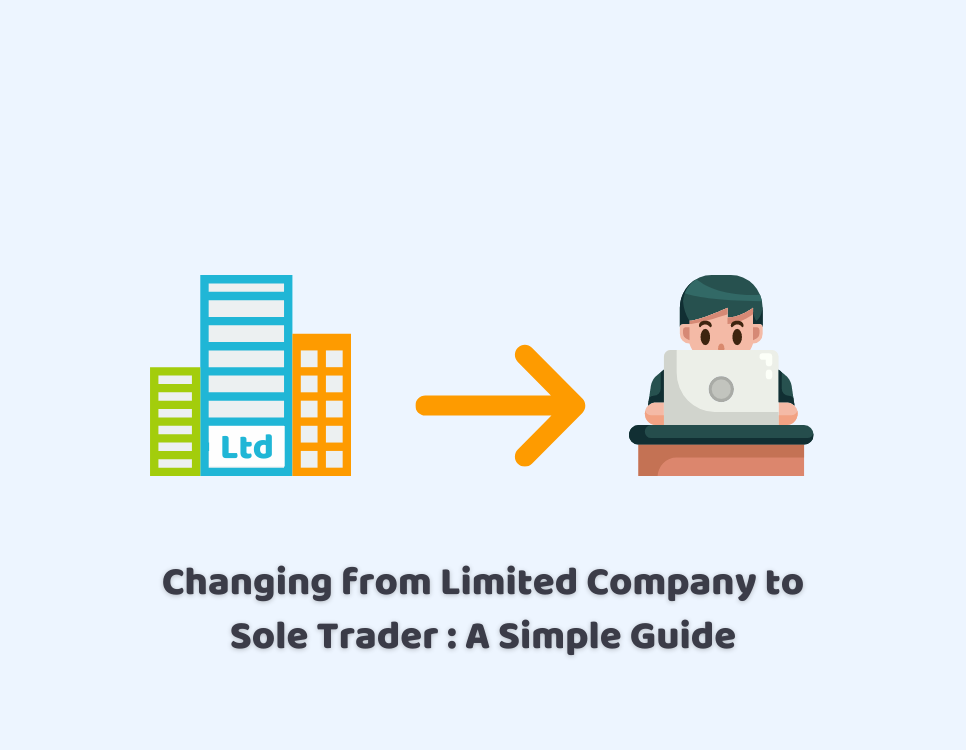13/09/2022Finance
Are you planning to start a new business as a sole trader? You might be worried about asking the question “Can a Sole Trader Have Multiple Businesses?” The other questions coming along with this primary question are related to the tax, national insurance and VAT implications. So, you need not worry about this as you …
Read more


